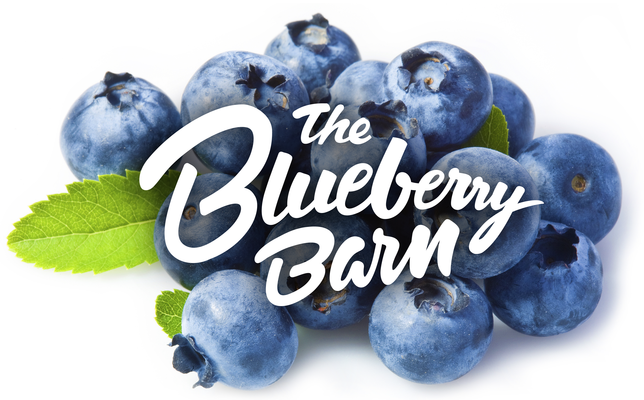When Are Blueberries in Season?
Posted by Ann Wildes at
Blueberry season means everything from hot, humid days in South Georgia to warm blueberry muffins on Christmas morning. With a superfood like blueberries, every season is blue.

My love for blueberries doesn’t follow a calendar. Does yours? While I can enjoy a blueberry salsa or an ice-cold bottle of blueberry soda all year, the actual growing season is limited to a few months in the heat of the Georgia summer.
In Alma and Bacon County, blueberry season runs from mid to late April through to the middle of June.
Blueberries are the sweetest in May.
Delicious Frozen Blueberries – Always in Season
Thanks to freezers, blueberries are available year-round! Whether you’ve frozen some straight from the farm – with all of the nutrients and flavor locked in – or if you’re buying them from the supermarket, there’s never a season where blueberries aren’t welcome.
Every Season is Blueberry Season
Blueberries are known to many people as those little round blue things, or as what Grandma always made her famous blueberry pie with. For some, it’s what Granddaddy has rows and rows of planted behind his house. But there’s so much more to these sweet little balls of goodness.
At only 84 calories a cup, blueberries are one of the healthiest fruits you can eat. They are believed to have one of the highest antioxidant levels of all common fruits and vegetables, and can increase those antioxidant levels in your body. Flavonoids in particular appear to be the berries’ most impacting superpower. One group of these flavonoids—anthocyanins—is said to be responsible for much of the blueberry’s superness.
Did you know that these blue bundles of joy actually reduce aging? So, yes, Grandma, make more blueberry pies!
Though oxidative DNA damage is an unavoidable part of life, something that occurs tens of thousands of times a day in each and every cell inside you, blueberries are able to neutralize some of the free radicals that damage your DNA. The damage of your DNA is part of the reason why we grow older, and it also plays an important role in the development of cancer and other similar diseases. A study was once performed in which 168 people drank a liter of a mixed blueberry and apple juice daily. Four weeks later, oxidative DNA damage was reduced by 20%. Go blueberries!
Another oxidation problem is when your “bad” low-density lipoprotein cholesterol is oxidized. This is a crucial step in the heart disease process. Linked to the reduced levels of oxidized LDL, the antioxidants in blueberries are here to save the day and your heart! In obese people, a daily 2-ounce serving of blueberries lowered LDL oxidation by 27% over eight weeks. A different study proved that eating 2.5 ounces of blueberries with a main meal reduced the oxidation of “bad” LDL cholesterol, which reduces the risk of heart disease.
Aside from lowering the oxidation of your DNA and your cholesterol, blueberries have super benefits for those with high blood pressure, which is also a huge risk factor for heart disease. While eating 2 ounces of blueberries a day for eight weeks reduced the LDL oxidation in obese people, it also reduced their blood pressure by 4-6%.
A study with 93,600 nurses found that those with the largest intake of anthocyanins were at a 32% lower risk of heart attacks than those with the lowest intake. Though this was an observational study, and it cannot prove that the anthocyanins alone were the superheroes in this situation.
Blueberries are also the superheroes of your brain, fighting against the oxidative stress that can accelerate your brain’s aging process. These blue dynamos have benefited aging neurons in animals as well, which led to improvement in cell signaling. In fact, nine older adults with mild cognitive impairment drank blueberry juice every day, and after twelve weeks, the function of their brain improved! 16,000 older individuals found that blueberries were linked to delays in mental aging by 2.5 years.
Despite their overwhelming sweetness, blueberries’ sugar levels are lower than that of other fruits. One cup holds only 15 grams of sugar, just like a small apple or large orange. And the super bioactive compounds in these berries outweigh any negative impact of the small amount of sugar they do have.
Blueberries can help with urinary tract infections, those with diabetes, and also relieve muscle soreness after exercise, aside from all these other wonderful superpowers.
So why not dig into Grandma’s pie or pick yourself a handful off of Granddaddy’s bushes? There’s so much more to these little berries than what meets the eye.
